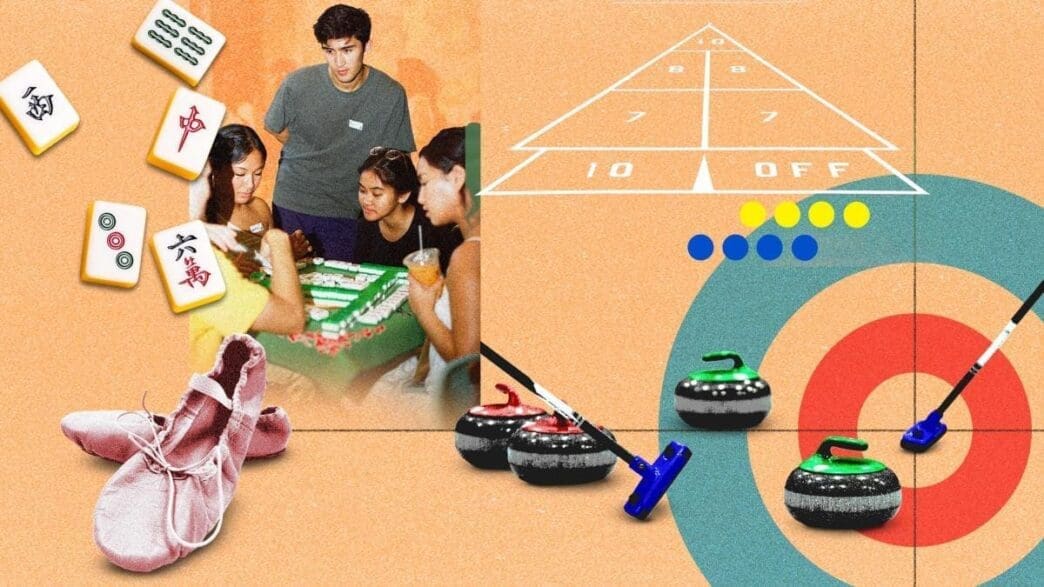In a world where loneliness is often described as an epidemic, many adults are finding solace in the unlikeliest of places: activity clubs. These clubs, offering everything from curling and mahjong to shuffleboard and ballet, are not only reviving forgotten pastimes but also building vibrant communities.
Carlyn and her husband stumbled upon curling last fall, quickly transforming it from a curious hobby into a cornerstone of their lives. They joined an adult curling club in Philadelphia, where each Sunday, they slide stones alongside Carlyn’s father and his wife. ‘It’s been an awesome activity,’ Carlyn shares, highlighting their two-year wait on the ‘learn to curl’ list. Her enthusiasm sparked further involvement, joining a weekly ladies-only league. The club’s diverse membership spans ages 30 to 80, proving that curling bridges generational gaps.
The rise of such social clubs is a welcome trend in the United States, particularly in a society grappling with widespread loneliness. Engaging with others over mutual interests becomes pivotal for wellness, a point echoed by counselor Danielle Tucci. ‘I often hear about the desire for more friendships, but people are unsure where to begin,’ she notes, praising social clubs for offering low-pressure environments for connection.
Jen Jones Donatelli, a certified coach, suggests that adult social clubs take on the logistical load of creating spaces for interaction, allowing individuals to focus on participation. This structured approach to socializing is evident in the Green Tile Social Club of New York City, founded by Sarah Teng and friends. The mahjong-focused club boasts over 12,000 Instagram followers and has hosted more than 40 events. Teng shares stories of friendships, roommate matches, and even romances that blossomed at their gatherings.
For some, clubs provide a personal escape. Christina finds peace through Friday ballet sessions, where she disconnects from technology and connects with others who understand the discipline’s demands. Similarly, Jinda from Madison, Wisconsin, finds value in her shuffleboard club, particularly as someone with mental health considerations. ‘It’s been really helpful to have the league to look forward to every week,’ she admits.
Beyond mere camaraderie, these clubs contribute significantly to personal well-being. Tucci explains that social bonds can shield against various health challenges, both physical and mental. Teng appreciates how co-founding the Green Tile Social Club has enriched her life, deepening her cultural identity and connecting her with like-minded friends.
The experiences extend beyond local club meetings. Carlyn and her husband, driven by their new passion, attended a curling camp in Montreal, learning from Canadian experts. Such adventures illustrate the broader impact of club participation, offering both skill enhancement and enduring friendships.
Being part of a club means being part of a community, an antidote to isolation. Jinda appreciates the steadfast support among her shuffleboard peers, describing them as ‘true gems.’
In an age where digital connections often fall short, adult social clubs offer a tangible way to forge lasting bonds. From curling stones to mahjong tiles, these clubs are more than just activities—they are lifelines to community and well-being.
Source: Yahoo







